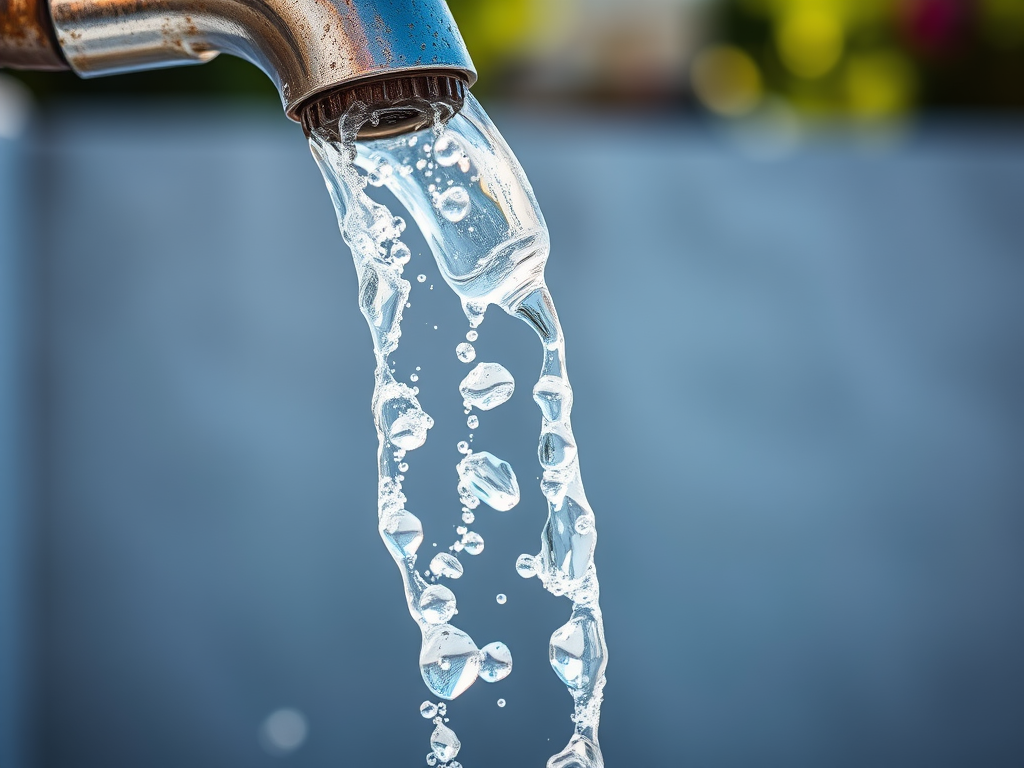
Ensuring that your poultry has access to clean, fresh water is one of the most critical aspects of maintaining a healthy flock. Water quality directly affects digestion, nutrient absorption, egg production, and overall bird well-being. Neglecting water cleanliness can lead to disease, dehydration, and reduced productivity, making it essential to implement proper water management practices.
In addition to providing fresh water, using the right type of poultry waterers plays a key role in keeping the water supply clean and free from contamination. In this guide, we’ll explore why clean water is vital for poultry health and how selecting the appropriate waterers helps maintain a sanitary environment.
Why Clean Water Matters for Poultry Health
1. Supports Digestion and Nutrient Absorption
Water is essential for proper digestion in chickens and other poultry. It helps break down food, transport nutrients throughout the body, and regulate metabolism. When birds consume dirty or contaminated water, it can introduce harmful bacteria and disrupt their digestive systems, leading to poor growth and health issues.
2. Prevents Disease and Infections
Standing water or dirty waterers can quickly become breeding grounds for harmful bacteria, algae, and parasites. Diseases such as coccidiosis, avian influenza, and fowl cholera can spread through contaminated water sources. Regularly cleaning waterers and using systems that minimize contamination reduces the risk of illness within your flock.
3. Enhances Egg Production and Growth
Hydration plays a crucial role in egg production and growth rates. Hens require a consistent supply of fresh water to lay high-quality eggs, while young birds need adequate hydration to support proper development. Dehydrated birds often produce fewer eggs, and those eggs may have thinner shells or irregular shapes.
4. Regulates Body Temperature
Poultry rely on water to regulate their body temperature, especially in hot weather. Birds cool themselves by panting and drinking more water. If clean water is not available, they become vulnerable to heat stress, which can lead to reduced productivity and even fatalities in extreme conditions.
Choosing the Right Waterers for a Sanitary Poultry Environment
Providing clean water is only part of the solution—selecting the right type of waterers ensures that water remains free from dirt, waste, and pathogens. Here’s how to choose the best poultry watering system:
1. Opt for Nipple or Cup Waterers
Nipple or cup waterers reduce contamination because they dispense water only when needed, preventing open exposure to dirt, droppings, and debris. These systems keep water fresher for longer and minimize bacterial growth compared to open troughs or bowls.
2. Use Elevated Waterers
Placing waterers at an appropriate height prevents birds from scratching dirt into the water. Elevated waterers also reduce spillage, keeping the surrounding area dry and sanitary, which helps prevent mold growth and bacterial infections.
3. Choose Automatic Watering Systems
Automatic watering systems provide a continuous supply of fresh water, ensuring birds always have access to hydration. These systems also reduce the labor required to refill and clean water containers frequently.
4. Regularly Clean and Sanitize Waterers
Regardless of the type of waterer used, routine cleaning is essential to maintaining water quality. Use mild disinfectants or vinegar solutions to scrub waterers at least once a week, and check for algae buildup or debris daily.
5. Consider Weather-Appropriate Waterers
In cold climates, heated waterers prevent freezing, ensuring birds have access to fresh water during winter months. In hot weather, shaded or insulated waterers help keep the water cool and refreshing.
Clean water is the foundation of good poultry health, directly impacting digestion, disease prevention, egg production, and temperature regulation. By choosing the right waterers and maintaining a sanitary environment, poultry keepers can ensure their flocks stay hydrated, healthy, and productive.
Investing in high-quality, easy-to-clean waterers and following proper sanitation practices will go a long way in promoting the well-being of your birds. A little effort in maintaining water cleanliness can prevent major health issues, saving time, money, and ensuring a thriving flock.
